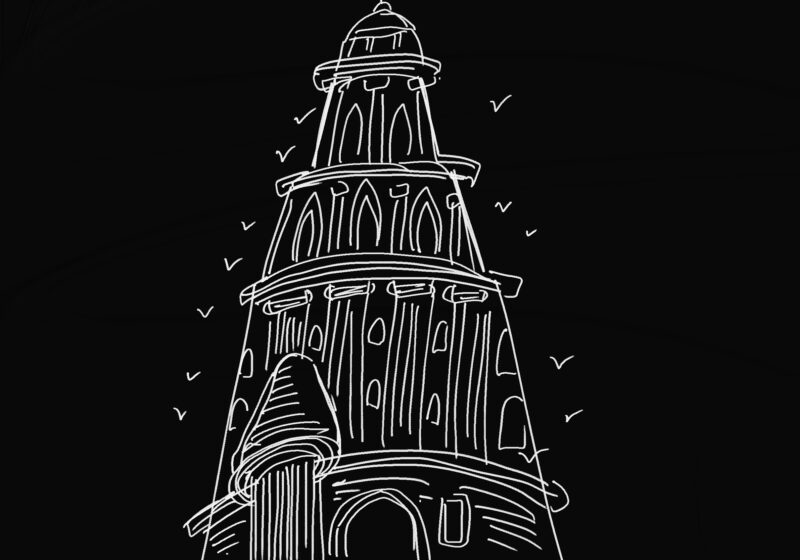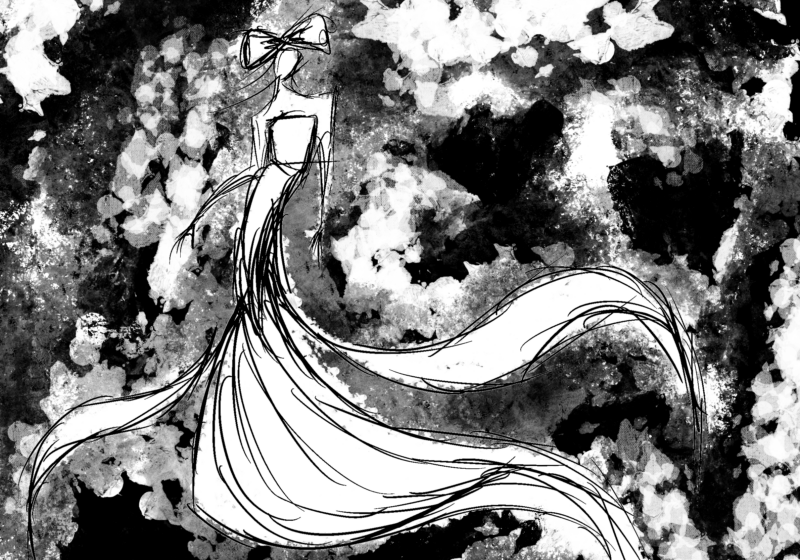Two facilitators from the M.K. Gandhi Institute for Nonviolence hosted a screening and film discussion of the 2014 documentary “I’m Not Racist … Am I?” in a Dewey lecture hall last Wednesday evening.
For many members of the audience—to their dismay—the answer was yes.
The film focuses on a group of 12 New York City high school students, following them as they participate in a series of workshops and discussions of racism.
Offering a single-word thought after the film finished, fault lines emerged from the viewers.
“Enlightened,” one audience member said.
“Frustrated,” offered another.
A third person asked, “What to do now?”
The racially-diverse group in the film includes Kahleek, an African-American high school senior who doesn’t consider himself “stereotypically black;” Martha, whose family are the only white people living in their housing project; Anna, a Chinese girl with white adoptive parents; and Abby, a biracial girl with a white mother and an African-American father.
Most of them attend different high schools, and they range in age from 14 to 17, but their interactions are open and honest.
The facilitators from the Gandhi Institute, Chiamaka Ikpeze and David Sanchez, began the event with a few disclaimers about the nature of the film.
“This film is not an indictment of all white people, but it is an opportunity for white people to look at their privilege,” Sanchez said.
“Everyone has something to gain from this,” Ikpeze agreed, adding that the film discussion would be both a “safe space” and a “brave space,” in which everyone in the audience should strive to be open and honest.
The pair laid out ground rules and guidelines for the discussion.
Among them: “be fully present,” “lean into discomfort,” and “suspend judgement of self and others.”
They also asked the audience to “speak from the ‘I’ perspective” during the discussion. This, they explained, would help people avoid speaking on behalf of others, and would help them be more honest about their reactions to the film.
The film opens by introducing the students, and then by showing highlights from their first series of discussions.
In one of these, a moderator challenges the common-sense definition of racism, positing two separate definitions. First, racism as “individual meanness”—discriminatory acts, racist jokes, or name-calling. Second, racism as “the use of power to help white people.”
In the second sense of racism, the film argued, all white Americans are complicit and, in fact, racist.
Ikpeze and Sanchez paused the film at this point, perhaps knowing that that statement would need some discussion. Audience members offered up their reactions to the thesis: variously uncomfortable, doubtful, or wishing to clarify the definition. The bulk of the first discussion segment centered around this idea.
Ikpeze expressed how important it was to her and Sanchez that the audience not leave with unspoken concerns or confusion. She offered to meet separately with any of the attendees, should they need to further discuss the information presented in the film. She also announced a scheduled follow-up discussion, to be held on February 16th, from 6:00-8:00 p.m., at the Gandhi Institute.
The documentary continued with a workshop in which the students discussed the history and impact of the N-word, as well as segments in which they spoke in earnest about the impact of each other’s language.
The discussion turned to the demographics of the audience. One audience member lamented the relative lack of UR undergraduates in the audience, while another noted that the majority of the audience was female.
One person observed that, outside of special discussion groups like the one shown in the film, or the one hosted by the Gandhi Institute, many Americans are scared to have honest discussions of race, for fear that they might say the wrong thing or offend someone.
The audience, inspired after the film they had just watched, gave their opinion—people should speak up, and they have to take a stand against racism.
The film screening and discussion was co-sponsored by the Rochester Center for Community Leadership, the Burgett Intercultural Center, the Interfaith Chapel, the Program of Dance and Movement, and UR’s anti-racism campaign, “We’re Better Than That.”
The Gandhi Institute’s follow-up discussion on Feb. 16 from 6:00-8:00 p.m. will be held at their headquarters at 929 South Plymouth Ave.




